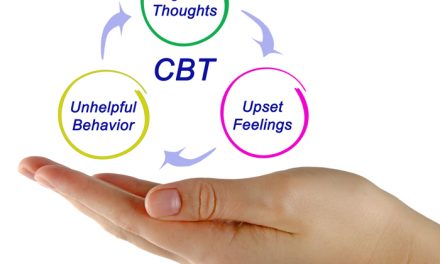For some people, working out is a pleasure. For others, it’s, well, work.
Some people are in good (or even great) shape. Others are, well, not.
And some people are enthusiastic about tackling physical challenges. Many people are, well, less enthusiastic.
No matter what kind of person you might be, it is undeniable that regular exercise offers benefits for your physical and mental health. And those benefits can be especially important for a person in recovery. So, love it or hate it, it’s time to get moving.
Motivation: Understanding the Benefits
It can be difficult to get started on an exercise program, especially if you’ve been living a fairly sedentary lifestyle. You don’t want to deal with the soreness that comes with new activity. Or you don’t want to be embarrassed by just how out of shape you are. Or you are completely certain that you can’t work a workout into your packed schedule.
But again, if you are a person in recovery, exercise becomes especially important in your efforts to maintain your sobriety. Among the benefits:
- A boost to your immune system, which may have been weakened by substance use
- A reduction in boredom and related cravings, which can help you avoid a relapse
- An improvement in levels of chronic pain, which can lessen the need for potentially problematic painkillers
- A positive impact on your mood, which can help you battle depression symptoms that threaten sobriety
- An increase in energy levels accompanied by more restful sleep, which offers a range of benefits
Goals: Hitting the Targets
Let’s start here: any amount of exercise is better than no exercise at all. That said, there are some targets you can keep in mind as you ramp up your activity.
For example, a good baseline goal for physical activity is 30 minutes every day—whether you do it all at once or break it up (a 15 minute walk in the morning and another in the afternoon, for example).
The Department of Health and Human Services (HSS) recommends engaging all of your major muscle groups in strength training at least twice a week. Use enough resistance or weight that you find yourself getting tired after 12 or 15 repetitions of the exercise.
The HHS also suggests getting at 150 minutes of moderate or 75 minutes of vigorous aerobic activity each week. These are the exercises that get your heart rate up. At a moderate level, you should be able to speak in a fairly regular manner while you are exercising. At a vigorous level, you will need to breathe every few words, making conversation difficult. You can, of course, do a range of exercises that blend moderate and vigorous levels of effort.
We want to reiterate: you don’t have to hit these goals right away. Getting started doing something is the most important thing. And that something can be just about anything. You have a much better chance of sticking with your exercise program if you are doing an activity you enjoy—and avoiding exercises that you find boring or too difficult.
Sustaining: Keep on Going
Even if you choose an exercise you really enjoy, it can be difficult to sustain a new habit. But there are a number of ways you can increase the odds that you’ll stick with what you’ve started. Some things you can do:
- Stick to a schedule—put your exercise time in your daily calendar in the same way you schedule other responsibilities.
- Find a buddy—work out with someone else (in person or virtually) and keep each other accountable.
- Track your progress—keeping a record or your improvement over time can help build and sustain motivation.
- Focus on your own journey—your exercise program isn’t about anyone but you, so enjoy how exercise makes you feel; don’t compare yourself to anyone else.
- Remember the rewards—it’s okay (more than okay, in fact) to treat yourself when you accomplish your goals (as long as that reward doesn’t threaten your sobriety).
And what do you do if you find yourself neglecting to exercise? Give yourself some grace.
And then get started again.
Let Us Help You Work Out Your Problem with Drugs or Alcohol
If you need help with a substance use disorder, The Aviary Recovery Center is ready and able to provide the personalized, compassionate, and expert care you need. We treat every patient as an individual throughout the detox and rehab process. And we are committed to a continuum of care. That means we will help you find and take advantage of resources that will help you maintain your sobriety—including encouraging you to get regular exercise as a key part of your recovery journey.










